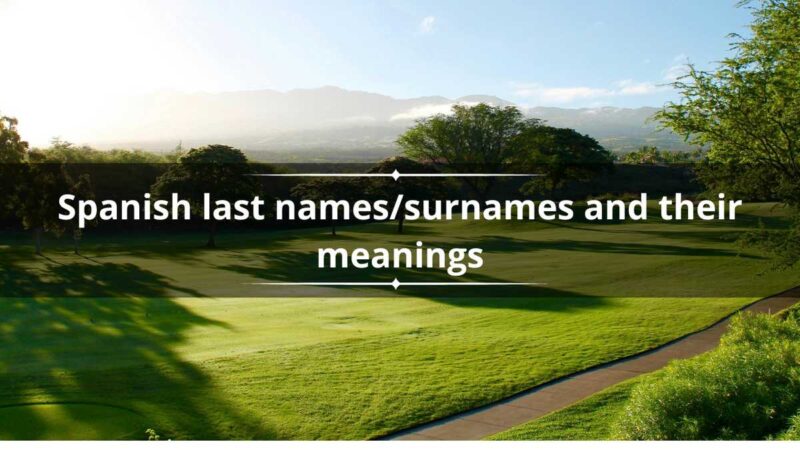Last names or surnames are crucial in many communities because they give an individual personal and legal identity. These names connect one to their family lineage and history. Most Spanish surnames can be traced back to medieval times, thus have a deep history. Check out this list of fascinating Spanish last names/surnames and their meanings.
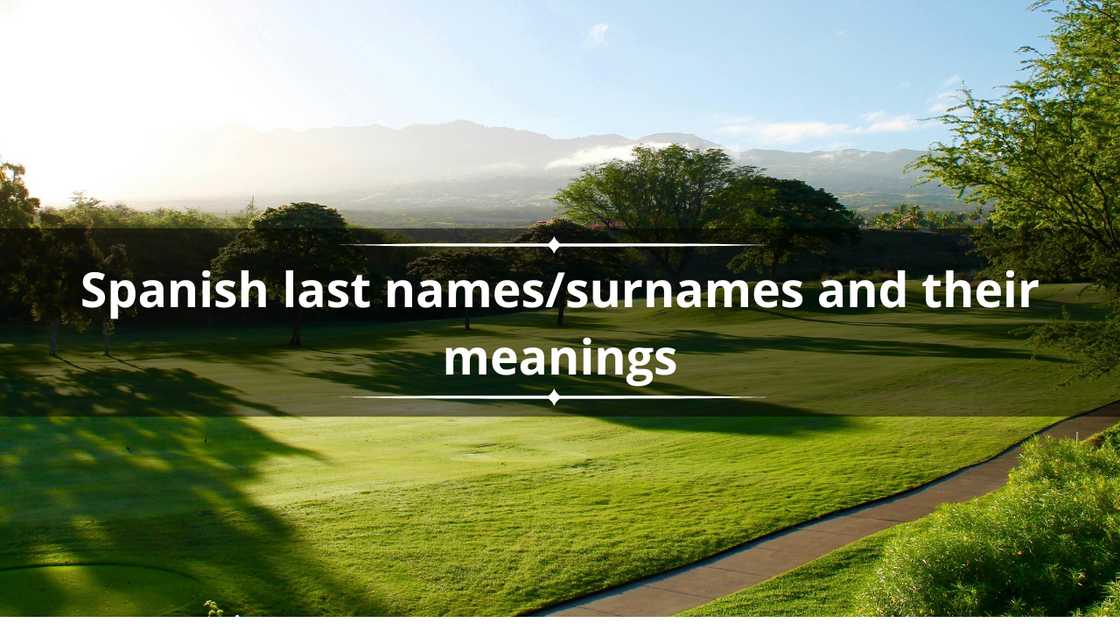
Source: UGC
TABLE OF CONTENTS
Key takeaways
- In Spanish communities, people typically have two surnames, which they inherit from their father and mother.
- In Spanish communities, a child inherits the first surname out of the two that their father has, and the second comes from the mother’s surname.
- Patronymic and matronymic, geographic places, descriptive, and occupational are the most common types of Spanish last names.
Fascinating Spanish last names/surnames and their meanings
Before listing Spanish last names and meanings, it is important to understand their general categorisations. There are normally four common types of Spanish last names. They are classified as follows:
- Patronymic and matronymic: These names were invented to distinguish between two individuals who have the same name by using their father’s or mother’s first name and adding a suffix to it, most frequently “ez” which means “son of.” This is how some popular picks like Dominguez, Lopez, Ramirez, or Fernandez came to be.
- Geographic places: There are common Spanish names that are derived from the place that the bearer comes from. Some examples include Serrano (highlander), Vega (meadow), or Mendoza (cold mountain).
- Occupational: These names originated from the job or trade that the bearer was known for. For instance, Alcaldo was a mayor, Cavallero was a knight or a horseman, and Romero was a pilgrim.
- Descriptive: These names were based on the physical features or qualities of a particular person. To provide some examples, Bravo was brave, Delgado was thin, and Moreno was brown-haired.
Old Spanish last names
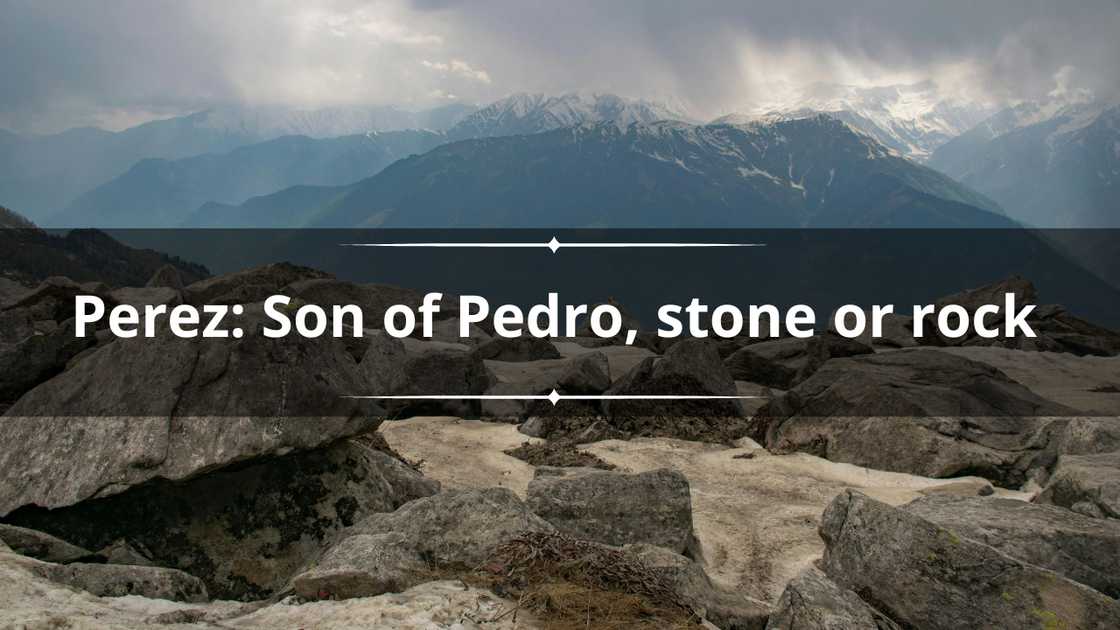
Source: UGC
Here are some old and common Spanish surnames and what they mean.
- Fernandez: Son of Fernando, journey.Alvarez: Son of Alvaro, cautious.
- Alvarez: Son of Alvaro, cautious.
- Gomez: Son of Gomesano, a man of the path.
- Gonzales: Son of Gonzalo, war or battle.
- Lopez: Son of Lope, wolf.
- Morales: The person who lives near a mulberry or blackberry bush.
- Perez: Son of Pedro, stone or rock.
- Ramos: Olive branch, a palm branch.
- Ramirez: Son of Ramiro, famous and wise.
- Reyes: A king or royal person.
- Rodriguez: Son of Rodrigo, powerful ruler.
- Ruiz: Son of Ruy, powerful ruler.
- Sanchez: Son of Sancho, saintly.
- Suarez: Son of Suero, swine herder.
- Torres: The person who lives near a tower.
Uncommon Spanish last names
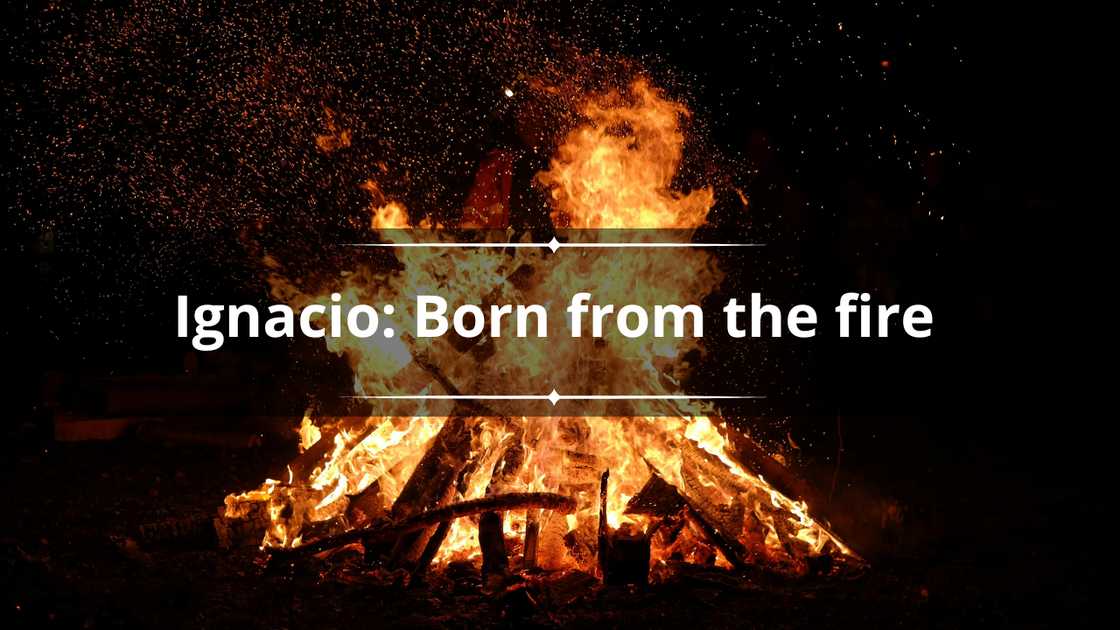
Source: UGC
These Spanish names are less common than the ones above, yet they still have an exciting history. Check out these unique Spanish last names and their meanings.
- Abarca: Maker of leather shoes.
- Alcaraz: Cherry.
- Barbero: Beard, barber.
- Cabrera: A place of goats.
- Candella: Chandler or candlemaker.
- Del Campo: The person from the field.
- Echeverria: A place in Etxeberria in the Basque Country.
- Escarra: A left-handed person.
- Gabaldon: A place in Gabaldon in the Cuenca Province.
- Guerra: War, or a quarrelsome person.
- Ignacio: Born from the fire.
- Juaquin: One who is lifted by God.
- Lovato: Like a wolf.
- Maduro: Sensible and mature person.
- Navar: A treeless plateau.
- Nunez: Ninth or a grandfather.
- Olmeda: Stand of elm trees.
- Padron: A town in the Galicia province.
- Talamantes: A place in Zaragoza province.
- Quevedo: A place Casa de Quevedo in Albacete.
Common and royal Spanish surnames

Source: UGC
These Hispanic names are used not only in Spain but in a lot of other countries, such as Portugal and the Latin American world. Sometimes, their local variations are used.
- Blanco: White.
- Cabello: A knight.
- Diaz: The son of Diego, supplanter.
- Iglesias: A church.
- Martinez: The son of Martin, Mars – the Roman god of war.
- Santos: A saint or holy person.
- Ortiz: The son of Orti, or a brave and fortunate person.
- Ortega: A nettle plant.
- Rivera: A river bank or shore.
- Rubio – red-haired.
Rare Spanish last names and their meanings
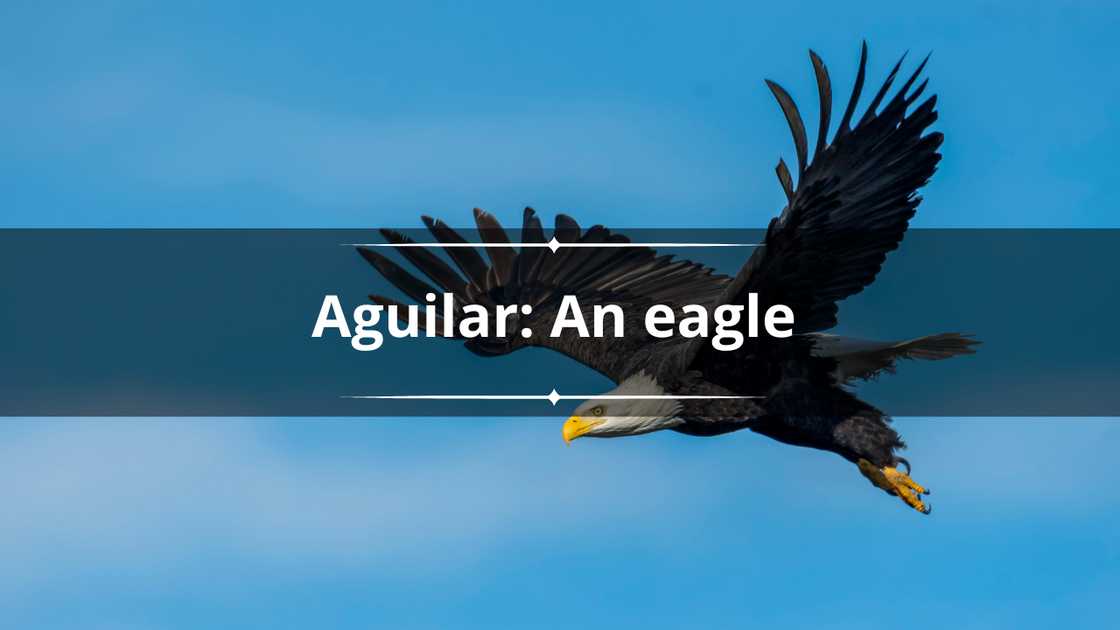
Source: UGC
If you are looking for rare Spanish last names and their meanings for a boy or girl, check out the list below.
- Aguilar: An eagle.
- Asturias: A region in Spain, rock, or water.
- Bolivar: A small Basque village, a mill, or a meadow.
- Cano: A white-haired or old person.
- Delgado: Thin, delicate, tender, and charming.
- Elizondo: The person who lives close to a church.
- Fonseca: The person who lives near a dry spring.
- Guadarrama: The town of Guadarrama, located close to Madrid.
- Huerta: A garden, orchard.
- Losa: A tile or slab.
- Machado: The person who made hatchets or used them, or a little hammer.
- Maldonado: A badly given or ill-favoured character.
- Mata: Trees, shrubs, or a red mat.
- Navarro: Someone who originated from Navarre or brown.
- Oleastro: Wild olive, or the person who lives near a wild olive tree.
- Paredes: A person who lives near a wall.
- Quintana: A person who lives on a piece of land where the rent is a fifth of its produce.
- Rendon: Unexpectedly or rashly.
- Salinas: Salt worker, or a person who lives near a salt mine.
- Toledano: A person from Toledo or the hill.
- Urena: The town of Uruena in the province of Valladolid.
- Valiente: A brave person.
- Vicario: A vicar, substitute, or deputy.
- Villalobos: The town of Villalobos; town, wolf.
- Zamorano: A person who comes from Zamora.
What is the rarest Spanish last name?
It is challenging to pinpoint the rarest Spanish last names, but Zugasti, Peromingo, and Maribona are quite rare. If you are looking for rare Spanish last names and their meanings for a girl or boy, check out the options above.
What Spanish surnames mean royalty?
The Borbóns are the only surviving House of Royals in Spain as of 2025.
What are the royal last names of Spain?
Borbón is the last name of the Spanish royal family.
What are the 10 rarest last names?
It is challenging to pick out the most unique names from thousands of options from different communities and regions. Ackerley, Amspoker, Banasiewicz, Bouchier, Featheringham, and Gow are among the rarest American names.
These Spanish last names/surnames and their meanings are exciting to learn. It is always interesting to educate yourself about different names from all over the world.
Legit.ng recently published a list of great nonbinary names for the enby folks looking for a new one. There are many great nonbinary names for the enby folks to choose from, and they all have some history behind them.
People who identify as nonbinary, meaning they do not exclusively fall into the male or female gender category, often have to search for a new name that sounds more gender-neutral.
Source: Legit.ng

